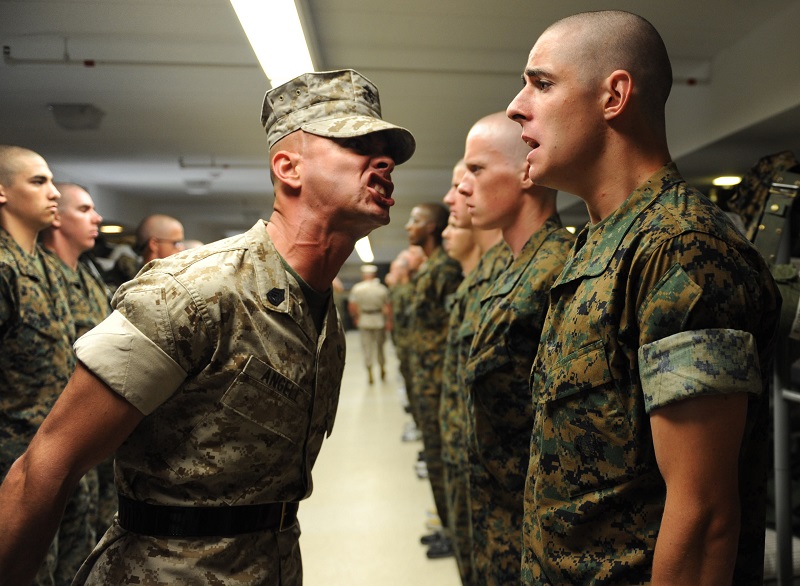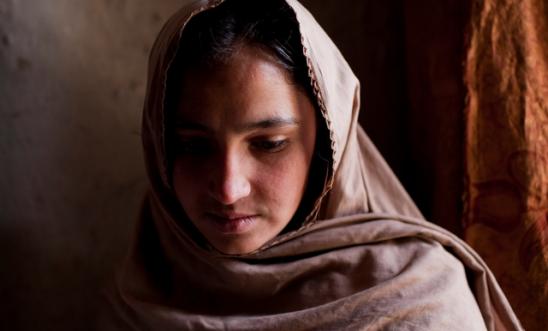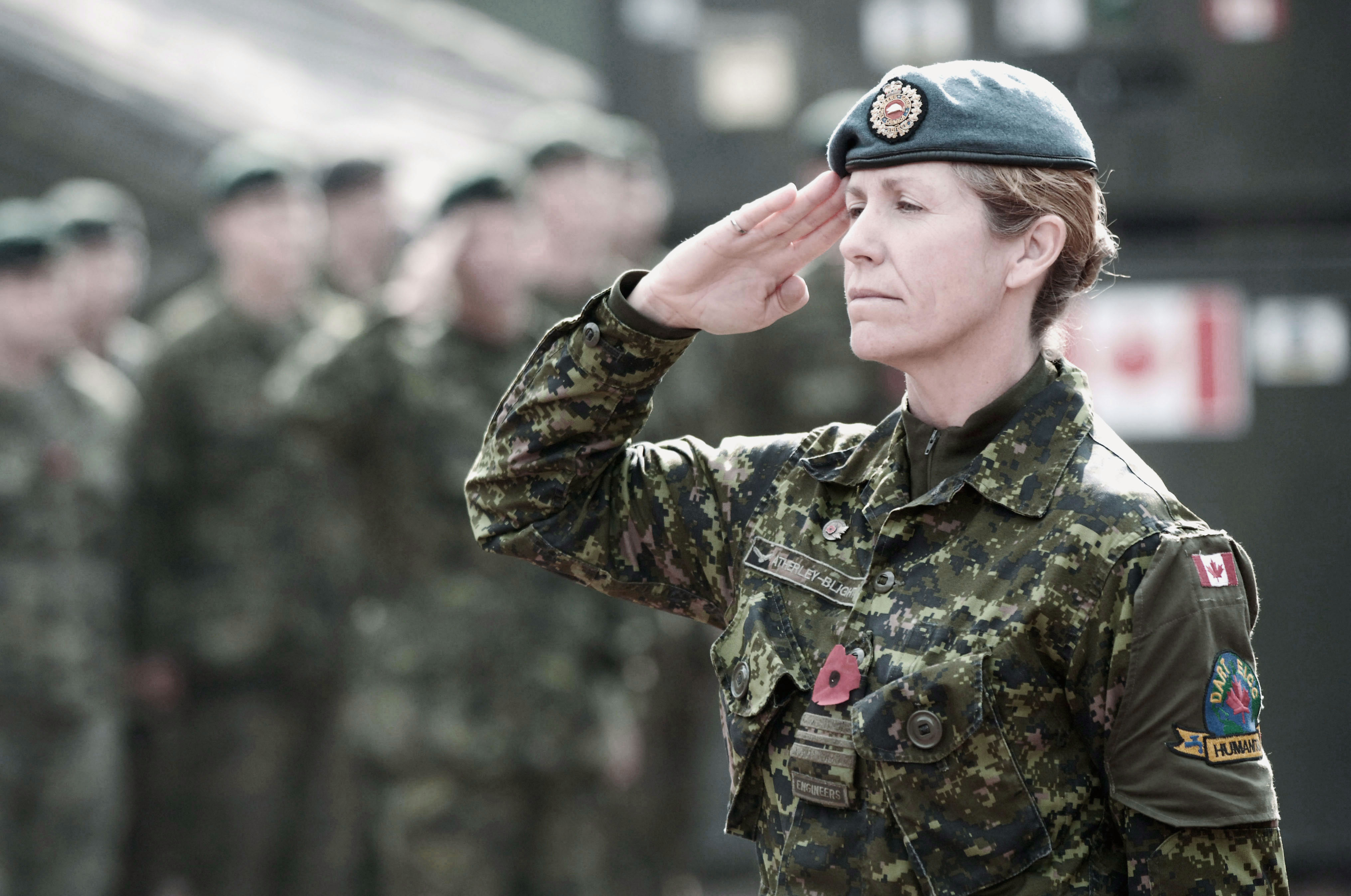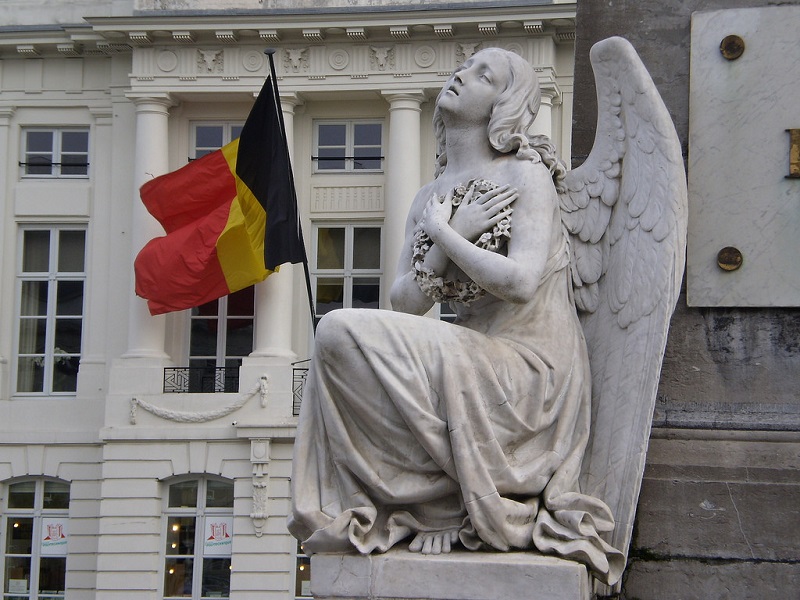Read Part 1 here
Part 2: Are we there yet?
In 2015, former Supreme Court judge Marie Deschamps’ report on sexual misconduct in the military made it clear that military culture and training are not all that welcoming to diverse genders. Not only do heterosexual women face discrimination and sexual harassment, but so do lesbian, gay, transgendered and queer people.
The findings of External Review into Sexual Misconduct and Sexual Harassment in the Canadian Armed Forces (ERA) were alarming. The ERA performed close examination of CAF policies, its programs in relations to sexual assault and harassment, and conducted more than 700 interviews of key military informants from all ranks and position between July and December 2014.
One of the key findings of the ERA is that “there is an underlying sexualized culture in the CAF that is hostile to women and LGTBQ members, and conducive to more serious incidents of sexual harassment and assault.”
While acknowledging the values and work ethics of the CAF, the ERA found that CAF’s work environment was highly sexualized because of the frequent use of sexual swear words, sexist jokes, rape jokes, discriminatory comments about feminine stereotypes (weakness, etc.), and unwelcomed sexual touching. This starts with the basic training of new recruits.
The report also observed that many military members/leaders do not see sexualized language as problematic, going so far as to say “girls that come to the military know what to expect.”
In fact, many testimonies highlighted the diminishment of women or feminine features in professional speech in the army.
The report suggested that there is a need to create an external reporting mechanism to protect members against institutional obstacles to report sexual assault/harassment such as confidentiality and stigmatization.
It is the military police, not the civilian police, who are in charge of investigating cases of military sexual assault. Since they reflect a part of the chain of command that can have repercussions on the victim’s and offender’s work, such mechanisms create conflicts of interests, but it has been rejected by many military leaders so far. Therefore, Deschamps concluded that the CAF has failed and refused to acknowledge the scope of sexual misconduct in the military.
Now, recent statistics show that the military office opened more than 174 investigation into alleged sexual offences in 2015, compared to 106 in the first 6 months of 2016. Once in the hands of the military police, cases are either sent to the military court or the civil court.
In the 280 investigations opened so far, only 49 led to charges. 40 out of the successful 49 were sent to civil court.
As much as the 22% increase in criminal investigation proves that the Canadian military’s fight against sexual misconduct is working, the numbers are still low and the resulting convictions are few.
Where do we go from here?
As Dr. Stéfanie von Hlatky states, “a new training program, designed in collaboration with external experts, should educate CAF members on how everyone’s participation is needed to uphold the highest professional standard.” Gender awareness courses should be implemented as part of the training, through “integrating interactive exercises, testimonies and assessment approaches that put the emphasis on the individual’s duties and responsibilities, as much as the organization’s.”
Dr. von Hltaky recently received a NATO Science for Peace and Security Grant to fund the creation of a gender training program for military and civilian NATO staff. This project will have a 2-year long multinational scope among the 29 member states of NATO, and Partner organizations.
In light of UN resolution 1325 (UNSCR 1325) pushing for more participation of and respect for women in security, the CAF has to widen its perspective on gender representation. The resolution urged member states and international organizations to “increase their voluntary financial, technical and logistical support for gender-sensitive training efforts”, and it is in that direction that the CAF must follow.
Recognizing that there is a problem, and continuing to push for a change of the “status quo” in military culture is a necessary move the armed forces need to make to not only be the best reflection of Canadian society, but also a reflection of the multiplicity of its members and the respect of their human rights.
We are getting there, as many LGBTQ member of the military have voiced positive experiences of inclusion. But there needs to be more comprehensive and legitimate training programs and sexual education in the forces, to address the problem at its root, which must include programs to change the attitude of individuals themselves.
Photo: A Sergeant Instructor (Gunnery Sergeant) corrects an officer candidate, US marine corps (2009), by John Kennicutt, U.S. Marine Corps via Wikimedia Common. Public Domain.
Disclaimer: Any views or opinions expressed in articles are solely those of the authors and do not necessarily represent the views of the NATO Association of Canada.




